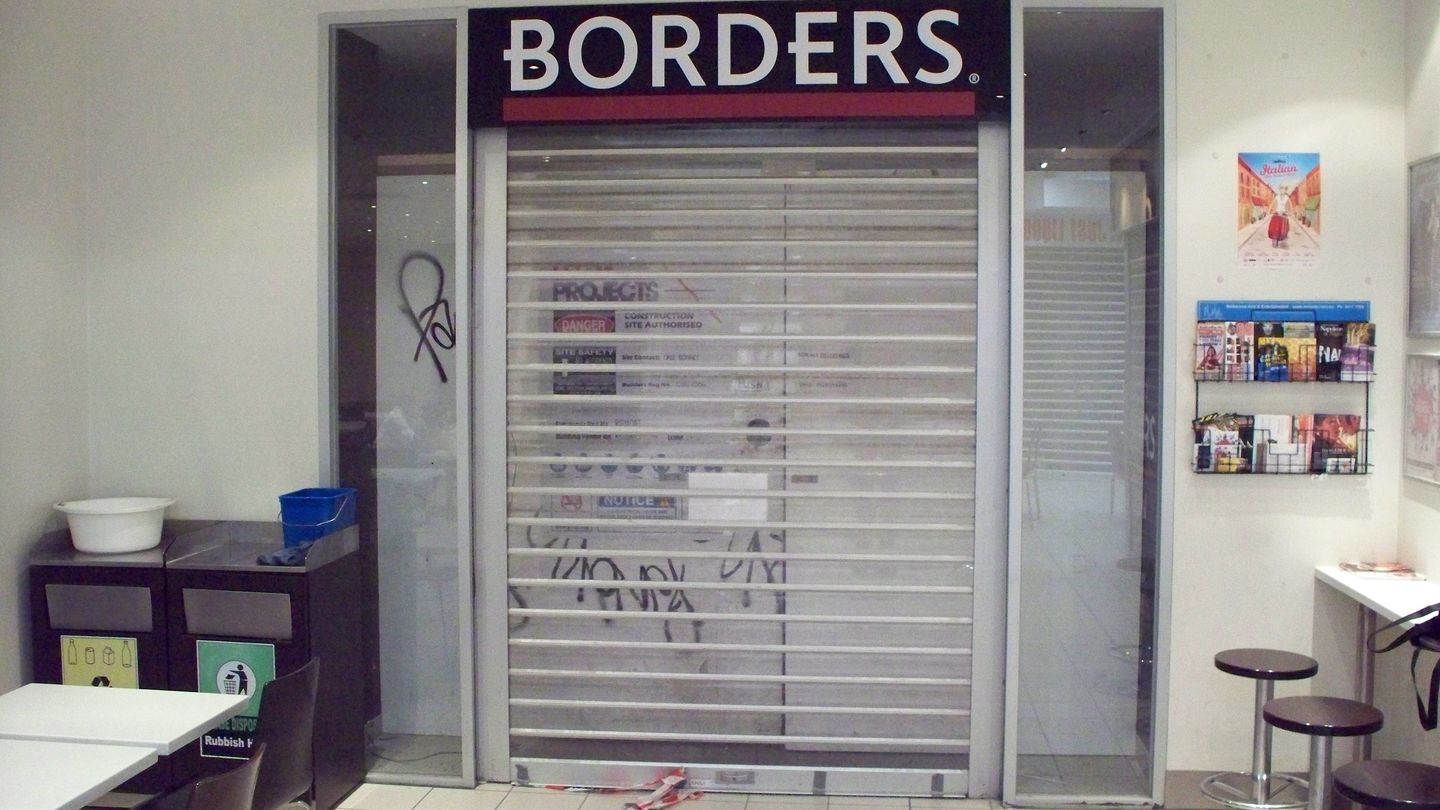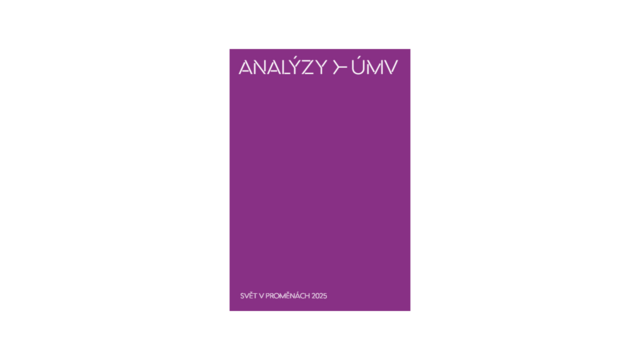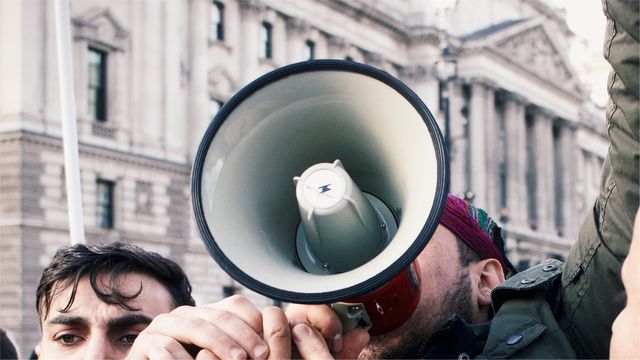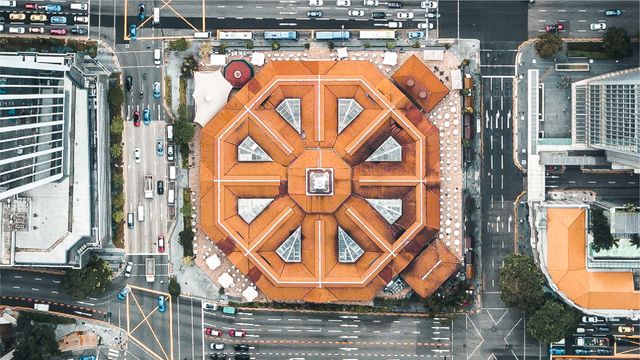COVID-19, Border Closures, and International Law

Our Senior Researcher Bríd Ní Ghráinne published a new reflection about the coronavirus. In her work, she focuses on the restrictions applied by counties due to the epidemic and comments on them from a human rights point of view.
Covid-19 pays no heed to borders. Globalisation has carried the virus from a market in Wuhan, China, to almost every country in the world. In response to the virus, some governments have closed their borders to refugees and/or have pushed back refugees from their territories, even though they are well-aware of the dire circumstances that have caused these people to flee their homes. This reflection sets out the compatibility of such practices with international refugee and human rights law. It argues that while states may put in place measures to restrict the spread of the virus (such as health screening, testing, and/or quarantine) vis a vis refugees, such measures may not result in refoulement or in denying them an effective opportunity to seek asylum.
INTRODUCTION
The Covid-19 pandemic is often described by heads of state as ‘unprecedented’, a ‘war’, and a ‘national emergency’. As the old adage goes, extraordinary times call for extraordinary measures and states have indeed responded in an extraordinary fashion, including closing their borders. Suddenly, citizenship has become more important than ever, offering its beholders an exemption to entry bans and providing a valuable opportunity to avoid being stranded abroad. Refugees have not been so fortunate and many have found themselves faced with border closures and/or have been pushed back from reaching a state’s territory. This reflection argues that such measures are a violation of international law and makes suggestions as to how states can respect their international law obligations while taking targeted measures to slow the spread of COVID-19.
ANALYSIS
In the wake of the COVID-19 pandemic, governments around the world have been forced to make difficult and unenviable decisions. They tread a difficult line of keeping the economy afloat, respecting freedom of movement, ensuring students are educated, and maintaining the health and safety of their civilians. Schools, workplaces, and public spaces have all been closed in an attempt to curb the virus, and many states have also closed their borders. For the first time since 11 September 2001 the US-Canada borderionals. This measure was quickly followed (and in some cases, preceded) by an increasing number of EU Member States taking the unilateral decision to close or restrict movement across their national borders. The Czech Republic is still registering asylum applications, however borders are only open to EU citizens and foreigners with temporary or permanent residency. Additionally, some EU countries, such as Italy and France, have suspended access to refugee status determination processes for asylum seekers and have also suspended the processing of registered asylum claims. At the time of writing, most (if not all) foreigners are barred from entering Argentina, Australia, Bolivia, Brazil, Cambodia, Chile, China, Colombia, Costa Rica, Dominican Republic, Ecuador, El Salvador, Ghana, Guatemala, Israel, Japan, Jordan Malaysia, Myanmar, Namibia, Nepal, New Zealand, Peru, Saudi Arabia, South Africa, Taiwan, Thailand, and Vietnam. These practices have led to countless numbers of refugees stranded at borders/ and or being forced to relocate elsewhere. Although it remains to be seen whether border closures are an effective way to curb the spread of Covid-19, states are fully entitled to restrict entry to non-nationals. However, the development of human rights and refugee law over the last century has put some limitations on the sovereign prerogative of states to control entry to their territory. For example, Article 33 of the 1951 Refugee Convention prohibits without discrimination, any State conduct leading to the expulsion of a refugee ‘in any manner whatsoever’ to a foreign territory where their lives or freedoms are at risk. This provision is known as the prohibition of refoulement and is often referred to as the cornerstone of international refugee law. Various human rights treaties either explicitly encompass a similar and overlapping prohibition of refoulement (such as Article 22 of the 1969 American Convention on Human Rights) and/or their respective monitoring bodies have developed such a prohibition (see the jurisprudence/ views of the Human Rights Committee in relation to the 1966 Convention on Civil and Political Rights; the Committee against Torture in relation to the 1984 Convention against Torture and other Cruel, Inhuman, or Degrading Treatment or Punishment; and the European Court of Human Rights in relation to the 1953 European Convention on Human Rights). The prohibition of refoulement is also part of customary international law which means that all states in the world are bound by it, not just those that are a party to one of more of these treaties. As such, all states must respect the prohibition of refoulement when trying to control the spread of COVID-19.
The prohibition of refoulement has a broad scope and applies to all individuals within a state’s jurisdiction. Jurisdiction refers to the legal competence of a state to make, enforce, or apply rules of conduct upon persons. A state has jurisdiction on its territory, and therefore all refugees on the territory of a state – including at the border – are protected from refoulement as a matter of law. A state’s jurisdiction can also extend outside its territory if it has effective control over individuals. This means that, under certain circumstances, a state might be obliged to protect individuals on ships on the high seas and/or on offshore detention facilities from refoulement. Under international refugee law, once a person is under the jurisdiction of a state – be it either within or outside the state’s territory – and that person claims to be at risk or fearing return to his country of origin or to another country, the state has a duty to make independent inquiries as to the person’s need for international protection and to ensure they are not at risk of refoulement. If such a risk exists, the State is prohibited from forcibly removing or denying entry to that individual. As such, Malaysia’s recent pushback of a boatload of Rohingya refugees breaches international law, as does the practices of many states mentioned above who have closed their borders to refugees. Put simply, any blanket ban prohibiting entry of asylum seekers breaches international law, even when taken during exceptional times such as during the Covid-19 pandemic.
That is not to say that states cannot take measures to ascertain and manage risks to public health. Many states are implementing measures in respect of the limited category of individuals who they permit to enter their territories, such as their own nationals returning from abroad, permanent residents, and international students. These measures include – but are not limited to – screenings, testing, quarantining and/or temporary restrictions on movement. In principle, such measures are legitimate and important ways to curb the spread of the virus provided they are applied in a way that is non-discriminatory, proportionate, and in accordance with the law. Such measures should also be necessary for the legitimate purpose of managing the identified health risk, and subject to regular review. There is no good reason why such measures should not be extended to asylum-seekers. Applying such measures to refugees might allow a state to respect its non-refoulement obligations while at the same time controlling the spread of the virus.
In certain limited circumstances, such restrictions might amount to detention. Under international law, states may use detention to restrict the spread of COVID-19, provided the detention is not arbitrary or discriminatory. In addition, detention must be in accordance with and authorized by law, may only be implemented for a limited duration and must be subject to procedural safeguards. The conditions of detention must also be in accordance with international human rights law, such as the prohibition of torture or other cruel, inhuman, or degrading treatment; and the right to life. Even before the time of COVID-19, many states were criticized for the poor standards in their immigration detention centres, including the Czech Republic. If COVID-19 is present in an immigration detention facility, the conditions there will likely get even worse and it will be very challenging for those there to maintain social distancing and practice effective hygiene. As such, detention of refugees is a violation of international law where such refugees would be exposed to serious risks to their health and life due to the COVID-19 pandemic. It is also crucial that detained refugees have the right to challenge their detention and to be compensated for any unlawful detention, even in the midst of a pandemic.
In addition, any measures taken – be it detention, testing, quarantining or otherwise – must also be consistent with other human rights. In particular, they must respect the right to life (including rights to food, clean water, health, and access to humanitarian aid) as well as freedoms of speech, assembly, and association. They must also respect the protection of the family and the separation of families is not justified other than for purposes of self-isolation, confinement, or treatment of infected family members. In particular, enforcement activities, and the threat of such activities, should not prevent or refugees from seeking health care services.
Blanket entry bans and pushbacks vis a vis refugees not only breach international law, but they could lead to further spread of COVID-19. Refugees who are faced with border closures and/or pushback policies could be tempted to seek the help of people smugglers and as such would not be monitored by health authorities upon their arrival. In addition, closed borders and pushback practices could send refugees into “orbit” in search of a State willing to receive them and as such may contribute to the further spread of the disease.
States which are closing their borders to refugees, or considering doing so, should pay heed to those countries who have left their asylum systems intact. Sweden, for example, has closed its borders temporarily to non-EU countries to prevent further spread of the coronavirus but will make exceptions for asylum seekers and other isolated cases. Portugal has granted all migrants and asylum seekers full citizenship rights to ensure proper access to healthcare. The countries illustrate that there are alternative ways other than border closures to manage refugee arrivals while curbing the spread of the virus.
Conclusion
In extraordinary times such as these human rights and refugee law play an ever more important role in protecting the world’s most vulnerable populations. As this brief note has illustrated, it is possible to respect the prohibition of refoulement while at the same time managing the arrival of refugees in a safe manner and implementing targeted measures to curb the spread of the virus.
Bríd Ní Ghráinne is Senior Researcher at the Institute of International Relations Prague








